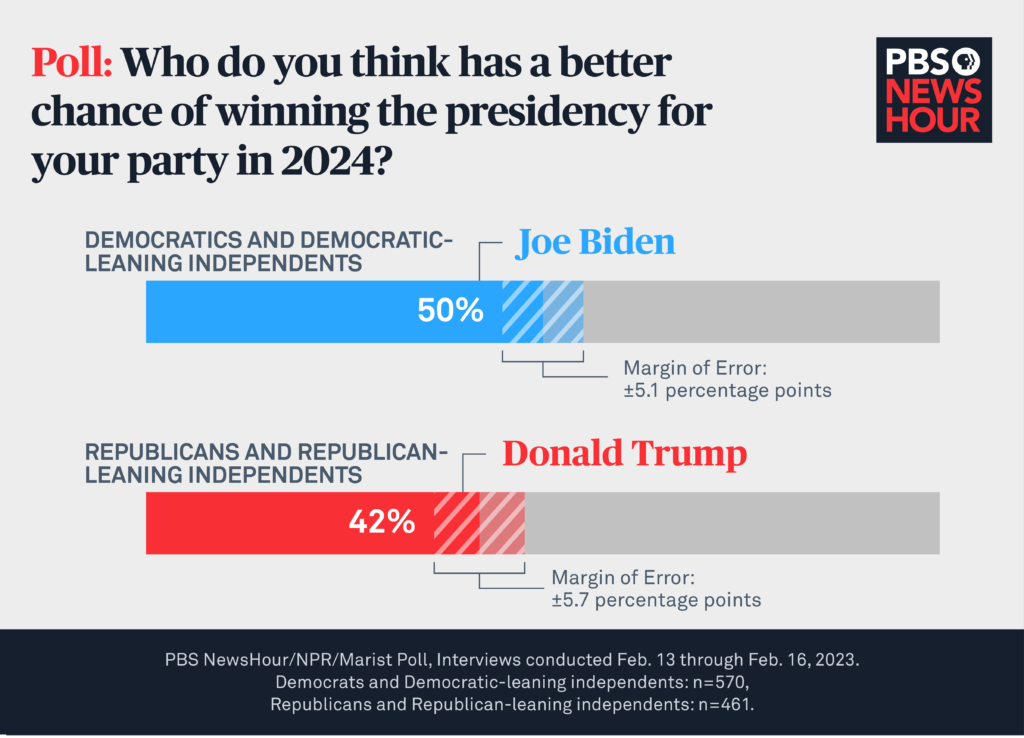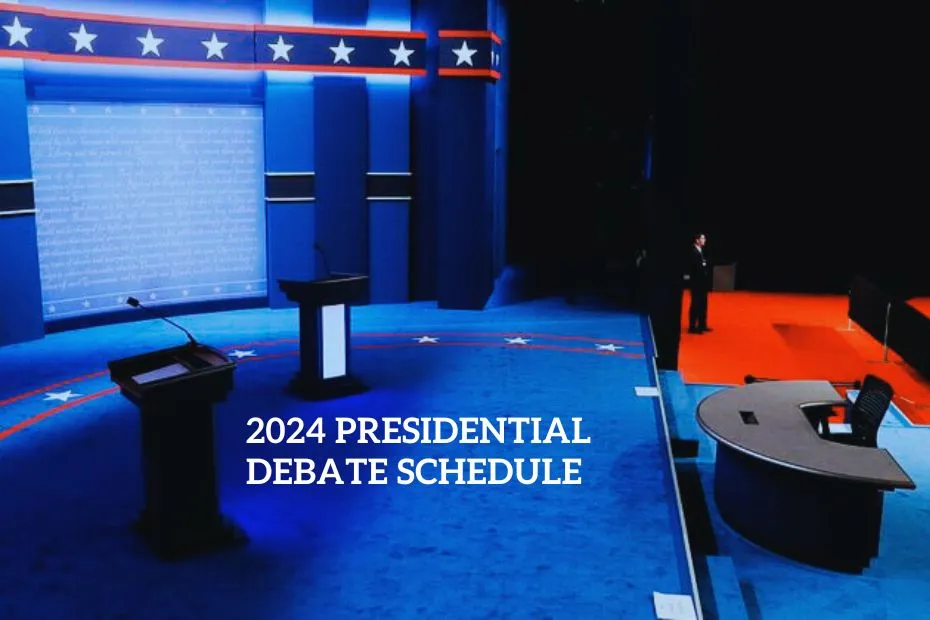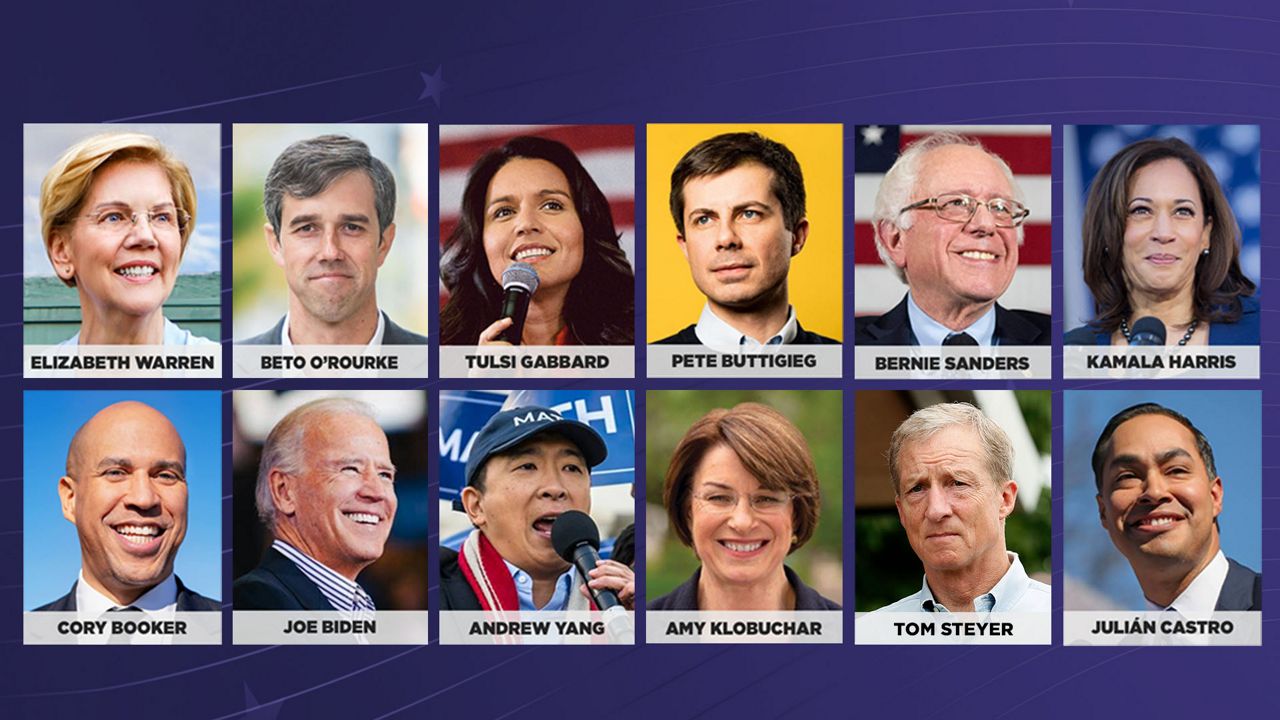Historical Context of Presidential Debates: Presidential Debate Dates

Presidential debates have become a cornerstone of American elections, offering voters a direct comparison of candidates’ positions and personalities. The evolution of these debates reflects changing political dynamics and technological advancements, shaping how we engage with the electoral process.
Early Debates and the Rise of Television
The first televised presidential debate took place in 1960 between John F. Kennedy and Richard Nixon. This landmark event marked a turning point in political communication, as millions of Americans witnessed the candidates face-to-face for the first time. The debate’s impact on the election outcome remains a subject of debate, but it undoubtedly showcased the power of television in shaping public opinion. Prior to this, presidential debates were primarily radio-based, with limited visual engagement.
Format Evolution and Impact on Political Discourse
The format of presidential debates has evolved significantly over the years, reflecting changes in media consumption and political strategy.
- The early debates were typically town hall-style, with candidates answering questions from a panel of journalists.
- The introduction of televised debates led to a shift towards more structured formats, with moderators asking specific questions and candidates delivering prepared responses.
- In recent years, there has been a growing emphasis on incorporating audience participation and social media engagement, reflecting the rise of online platforms in political discourse.
Styles and Approaches of Past Candidates
The styles and approaches of past presidential candidates in debates have varied widely, reflecting their personalities and political strategies.
- Ronald Reagan’s confident and charismatic demeanor was a key factor in his success in the 1980 and 1984 debates.
- Bill Clinton’s ability to connect with voters on a personal level was evident in his 1992 debates against George H.W. Bush.
- Barack Obama’s calm and collected demeanor helped him navigate the high-stakes 2008 and 2012 debates.
- Donald Trump’s unconventional style, characterized by aggressive attacks and personal insults, disrupted traditional debate norms.
The Importance of Presidential Debates in the Election Cycle
Presidential debates are a crucial component of the American election cycle, serving as a platform for candidates to engage with each other and directly address the electorate. These events provide voters with valuable insights into the candidates’ positions on key issues, their communication styles, and their overall suitability for the presidency.
The Impact of Debates on Public Opinion and Voter Decisions
Presidential debates can significantly shape public opinion and influence voter decisions. By presenting their views and policies in a direct and engaging format, candidates have the opportunity to connect with voters on a personal level. Debates allow voters to observe how candidates handle pressure, respond to challenges, and articulate their visions for the future. This firsthand exposure can sway undecided voters and solidify the opinions of those who have already made up their minds.
The Influence of Debates on Campaign Trajectory and Election Outcomes, Presidential debate dates
Debates can have a profound impact on the trajectory of a campaign and the outcome of an election. A strong performance in a debate can generate positive media coverage, boost a candidate’s momentum, and attract new supporters. Conversely, a poor performance can lead to negative press, erode public confidence, and ultimately hinder a candidate’s chances of success.
“Debates can be a make-or-break moment for a campaign. A strong performance can catapult a candidate into the lead, while a weak performance can sink their chances.” – Political Analyst
Several historical examples illustrate the influence of debates on election outcomes.
- The 1960 debate between John F. Kennedy and Richard Nixon is often cited as a turning point in the election. Kennedy’s youthful energy and charisma contrasted sharply with Nixon’s more subdued demeanor, particularly on television. Many believe this debate helped Kennedy win the election, despite Nixon’s slight lead in the polls before the debate.
- In 1980, Ronald Reagan’s performance in the first debate against incumbent President Jimmy Carter is widely credited with turning the tide of the election in Reagan’s favor. Reagan’s confident and articulate presentation contrasted with Carter’s perceived weakness and lack of enthusiasm. This debate is seen as a key factor in Reagan’s landslide victory.
The Impact of Presidential Debates on Policy and Governance

Presidential debates serve as a crucial platform for candidates to articulate their policy positions and engage in direct dialogue with the electorate. This platform provides a unique opportunity for voters to assess the candidates’ qualifications, leadership potential, and their stances on key issues. The impact of these debates extends beyond the immediate election cycle, influencing the policy agenda and the broader political landscape.
The Role of Debates in Highlighting Policy Differences
Presidential debates offer a valuable opportunity to highlight the distinct policy positions of the candidates. By engaging in direct dialogue, candidates are forced to clarify their views on various issues, providing voters with a clear understanding of their respective policy platforms. For example, the 2020 presidential debates witnessed a sharp contrast in the candidates’ approaches to healthcare, climate change, and economic policy. These debates highlighted the differences in their proposed solutions, allowing voters to make informed decisions based on their individual priorities.
The Potential of Debates to Influence Policy Agenda
While the outcome of a presidential election is ultimately determined by the electorate, the policy positions articulated during debates can significantly influence the policy agenda of the winning candidate. The debates provide a platform for candidates to showcase their priorities and to Artikel their vision for the future. This can shape the public discourse and influence the direction of policymaking during the new administration. For instance, the 2008 presidential debates played a significant role in shaping President Obama’s early policy agenda, particularly in areas such as healthcare reform and economic recovery.
Debates as a Catalyst for Public Discourse and Civic Engagement
Presidential debates stimulate public discourse and encourage civic engagement. By providing a platform for candidates to engage in direct dialogue, the debates encourage viewers to critically examine the issues and to form their own opinions. This heightened public awareness and engagement can lead to increased voter turnout and a more informed electorate. Furthermore, the debates can inspire citizens to participate in political discussions and to advocate for the policies they believe in.
While we eagerly await the presidential debate dates, it’s also a great time to catch the Philadelphia Eagles in action. Kenny Pickett’s journey with the Eagles is certainly one to watch, kenny pickett eagles , and his performance on the field might just provide some exciting moments to rival the political debates.
Hopefully, the presidential debate dates will be announced soon, and we can all enjoy both the political and athletic spectacles!
The presidential debate dates are crucial for voters to engage with the candidates’ platforms. To stay informed about the upcoming debates, be sure to check the abc presidential debate time schedule. This will help you plan your viewing and stay up-to-date on the latest developments in the election.

